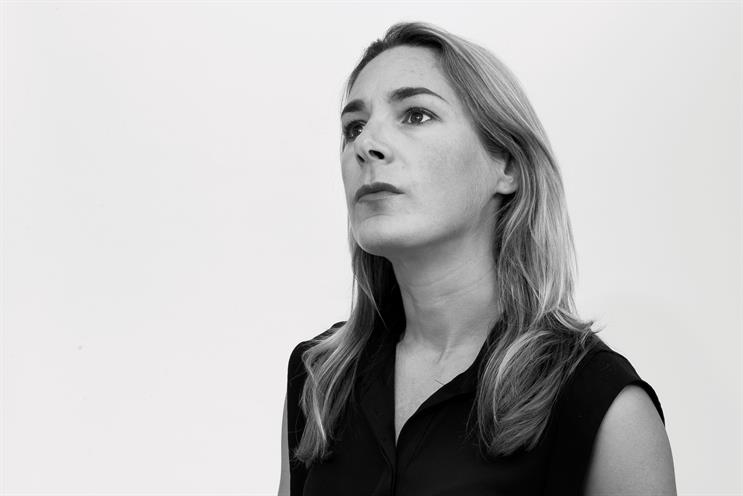
feature brought to you by M&C Saatchi
How do you make a brutal truth palatable? This is the question we come up against every time we develop a new campaign for the anti-obesity Change4Life initiative.
In my time, I have sold all sorts: shampoos, cameras, booze, bras and cars. They all have one thing in common: they reward the buyer almost immediately. But behaviour-change messages are not that straightforward. Things must work differently when what you are selling is a foreboding invitation to change basic lifestyle habits or risk the health of your family. Now that’s brutal.
At M&C Saatchi, "brutal simplicity of thought" defines how we think, but this doesn’t mean we are just about hard-hitting shock tactics. What matters most is the application of brutality to our quest for simplicity. The truth is that simple ideas enter the brain more easily and stay there for longer. And that is what our ideas must do if they are to make an impact on our audiences and change their behaviour.
Selling a behaviour is a lot more complex than selling a product. According to the behaviour-change expert Professor Susan Michie, it can only take place if the subject has the motivation, capability and opportunity. Her behavioural-change wheel allows us to introduce a new scientific rigour into the way we approach communication. And she is not alone in providing us with a different way to think.
The Nobel Prize-winning neuroscientist Eric Kandel said: "We have learnt more about the brain in the past five years than in the rest of human history combined." He refers, of course, to the advances in neuropsychology and the new insight we now have into the brain’s "autopilot" and its crucial role in decision-making.
But don’t think for one moment that the science of the brain is only relevant to brands that are looking to challenge their customers. Borrowing from the world of science is pertinent for many brands, especially given the shift we are seeing towards more purposeful positionings and from "marketing" to "campaigning".
For example, Unilever is liberally applying this purposefulness to its brands, producing a new sort of consumer-brand relationship, often resulting in its brands asking more of customers. Dove is a case in point, but brands such as Ben & Jerry’s and Lifebuoy are also shifting to this new paradigm.
Interestingly, the need to get consumers to take real action is not limited to brands with a higher purpose. In the world of fundraising, there is an emerging shift from activism to "slacktivism" – when supporters are happy to "like" a brand but not necessarily convert that emotion into a new behaviour.
All of these new challenges demand even smarter thinking and an absolute determination to cut through the reams of data and insight readily available to us to find those brutally simple ideas that have the power to truly instigate change.
And if that’s the case, as strategic marketers, we have to constantly challenge ourselves to find new sources of inspiration so we can continue to push the boundaries of our thinking.
This is not a comfortable creative process. It’s not meant to be. Sometimes the truth can be a painful pill to swallow but the most purposeful brands tend to be grounded in some brutal reality.
Besides, what’s a little discomfort if you get to change the world?
More thoughts...
An inspiration: All women who work their arses off every day while quietly getting on with bringing up their families.
Guiding prinicple: Change your own behaviour. Don’t expect to be able to change those around you.
She likes the way she thinks: "Gaby’s knack of getting to the heart of the big issues in the most incisive way possible makes her a great planner. But her emotional instinct and her ability to develop strategies that positively change behaviour effectively and consistently make Gaby exceptional. She is one of the smartest planners I have had the pleasure of working with." - Lisa Thomas, outgoing chief executive, M&C Saatchi Group
Thought for the year: Let this be the last year that food companies play an ambivalent part in the fight against flab.

